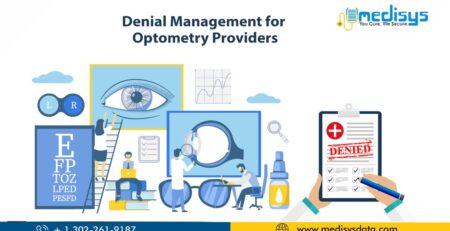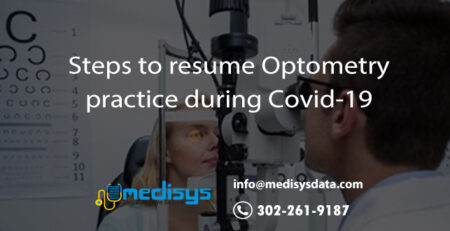CPT codes 92002-92014 are for medical examination and evaluation with initiation or continuation of a diagnostic and treatment program. The intermediate services (92002, 92012) describe an evaluation of a new or existing condition complicated with a new diagnostic or management problem with initiation of a diagnostic and treatment program. They include the provision of history, general medical observation, external ocular and adnexal examination and other diagnostic procedures as indicated, including mydriasis for ophthalmoscopy. The comprehensive services include a general examination of the complete visual system and always include initiation of diagnostic and treatment programs.
These services are valued in relationship to E/M services, though past Medicare fee schedule work relative value unit cross walks from ophthalmological services to E/M no longer exist. Nonetheless, the valuations provide some understanding of the type of medical decision-making (MDM) that might be expected. 92002 is closest to 99202 (low or moderate MDM) and 92004 is between 99203 and 99204 (moderate to high MDM). Code 92012 is closest to 99213 (low to moderate MDM) and 92014 is closest to 99214 (moderate to high MDM).
These services require that the patient needs and receives care for a condition other than refractive error. They are not for screening/preventive eye examinations, prescription of lenses or monitoring of contact lenses for refractive error correction (i.e. other than bandage lenses or keratoconus lens therapy). There must be initiation of treatment or a diagnostic plan for a comprehensive service to be reported. An intermediate service requires initiation or continuation of a diagnostic or treatment plan. Follow-up of a condition that does not require diagnosis or treatment does not constitute a service reported with 92002-92014. For example, care of a patient who has a history of self-limited allergic conjunctivitis controlled by OTC antihistamines who is being seen primarily for a preventive exam should not be reported using 92002-92014. A patient who has an early or incidentally identified cataract and is not being seen for visual disturbance related to the cataract, but is being seen primarily for refraction or screening, is not receiving a service reported with 92002-92014.
Medical examinations and evaluations with initiation/continuation of treatment or diagnostic programs for the treatment of disease are typically covered services without limitation. Ophthalmologic screening/preventive exams and exams for refractive error, commonly referred to as “Routine Eye Exams”, are typically limited benefit services, e.g. one every 24 months. Glaucoma screening for high risk Medicare beneficiaries is covered once every 12 months and should be reported with HCPCSII code. An annual dilated eye examination for diabetics is considered a diagnostic treatment plan and is correctly reported with the most appropriate CPT code based upon the level of services.
Reporting screening, preventive or refractive error services with codes 92002-92014 is misrepresentation of the service, potentially to manipulate eligibility for benefits and is fraud. If the member has no coverage for a routine eye exam or lens services, it is appropriate to inform the member of their financial responsibility. Do not provide the member with a receipt for 92002-92014 if providing a non-covered preventive/screening Routine Eye Exam service as the member may seek clarification from BCBSRI and these services are typically covered.
Are You Ready to Get Billing?
Want to have an error-free billing and coding expert at your work? You are at the right place, what you need now is a partner who can finish out the rest of the work and make the technology and implementation just as simple. That’s what the best medical billing company like Medisys Data Solutions Inc can do. If you’re ready to get started, schedule a meeting with our medical billing manager from filling out enquiry form from our website!












